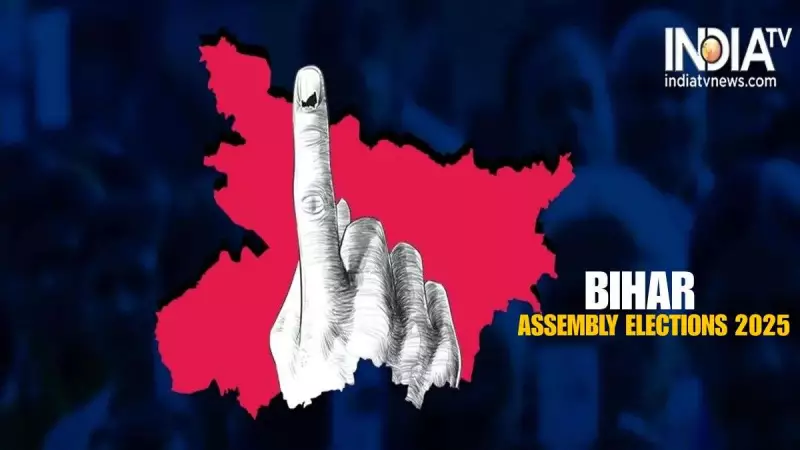
As the high-voltage campaigning for Bihar's 2025 assembly elections concludes, the state enters a crucial 48-hour silence period that transforms the political landscape completely. This mandatory quiet phase before polling day brings dramatic changes to how political parties operate and prepare for the final showdown.
The Great Silence: What Changes When Campaigning Stops?
During these critical 48 hours, all public campaigning activities come to an abrupt halt. The Election Commission of India imposes strict restrictions that include:
- Complete ban on public meetings, rallies, and processions
- No political speeches or statements to media
- Prohibition on displaying election symbols or campaign materials
- Restrictions on social media political content
- Ban on any form of canvassing near polling stations
Behind the Scenes: How Party Workers Stay Active
While public campaigning stops, political workers shift to silent mode operations. Party offices transform into strategic war rooms where volunteers focus on:
- Booth Management: Finalizing voter lists and identifying supporters
- Logistics Planning: Arranging transportation for voters
- Communication Chains: Setting up WhatsApp groups for coordination
- Volunteer Deployment: Assigning duties for polling day
Election Commission's Watchful Eye
The silence period isn't just a suggestion—it's strictly enforced. Election officials monitor compliance through:
- Surveillance teams tracking social media
- Flying squads patrolling constituencies
- Media monitoring cells watching for violations
- Quick response teams for immediate action
"This 48-hour period is designed to give voters a calm environment to make their choice without last-minute influence," explains a senior election official.
The Final Countdown to Polling Day
As Bihar prepares for voting day, the silence period serves as a crucial cooling-off phase. Political parties may have stopped public campaigning, but their machinery works tirelessly behind the scenes to ensure every possible vote reaches the polling booth.
The effectiveness of these silent preparations often determines the final outcome, making these 48 hours among the most critical in the entire election process.






